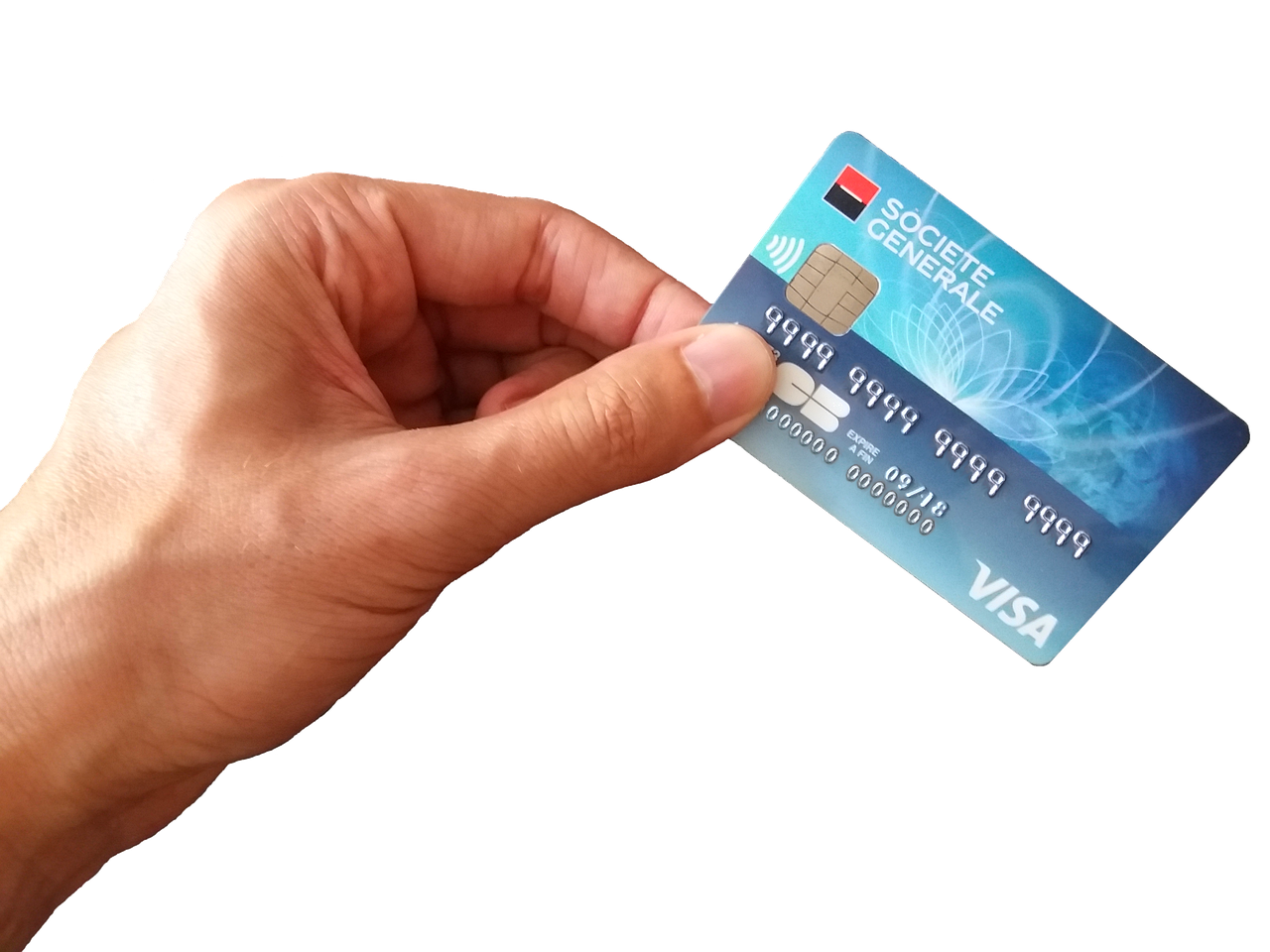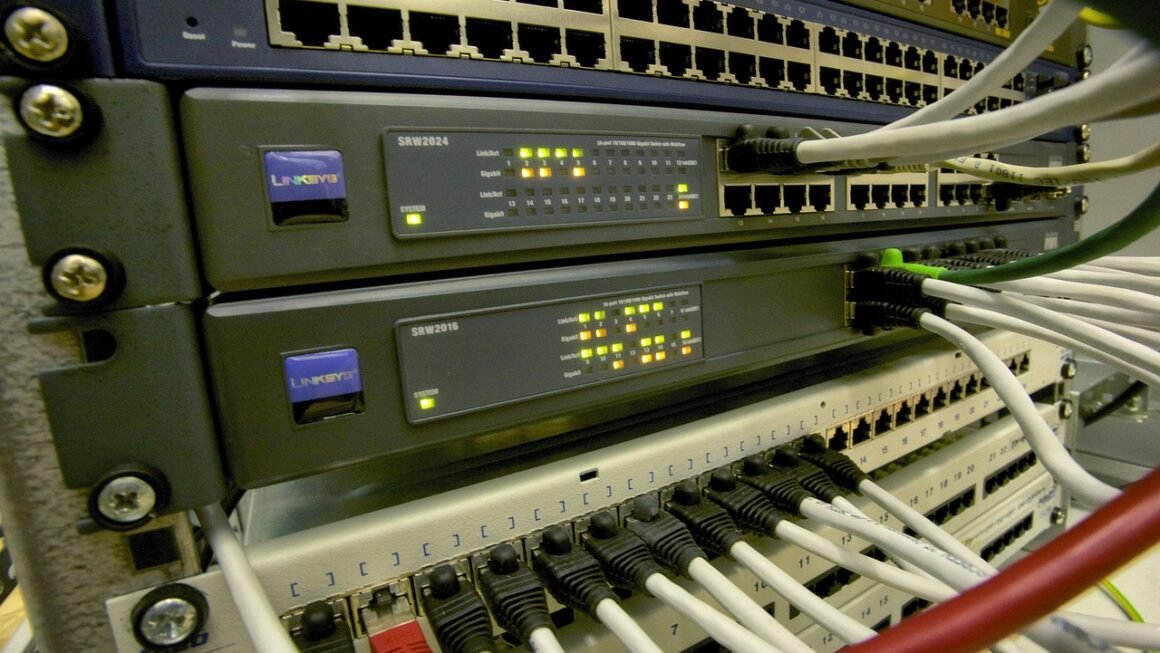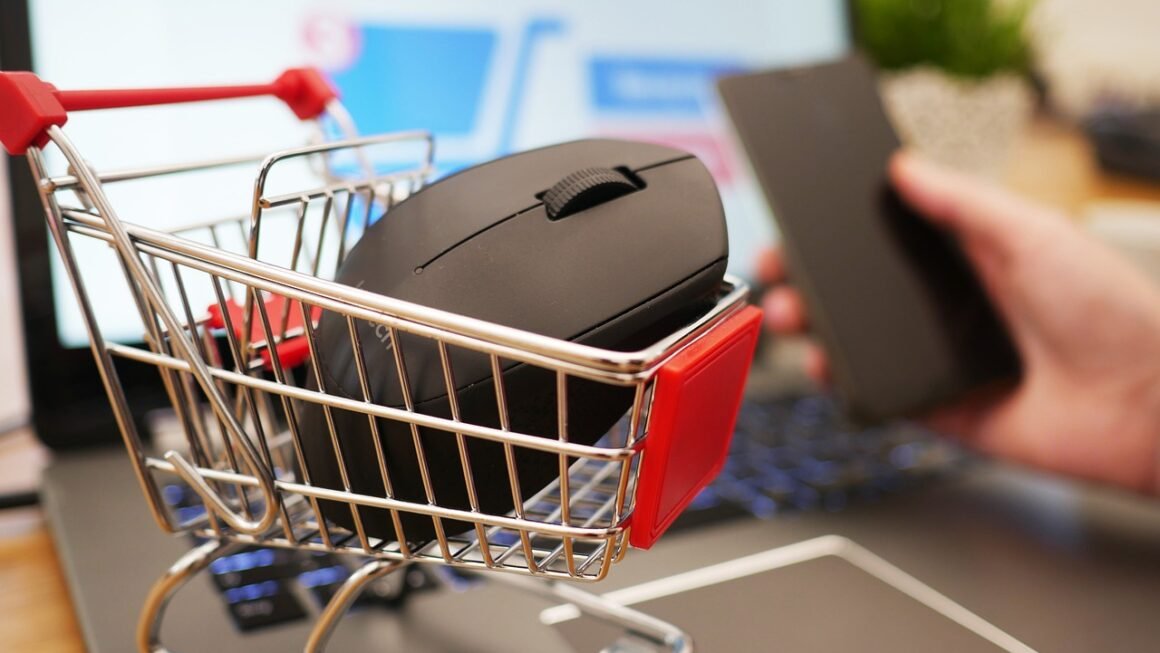Imagine leaving your physical wallet at home and still being able to seamlessly pay for groceries, online purchases, and even split the bill at dinner. This isn’t science fiction; it’s the everyday reality enabled by digital wallets. From streamlining transactions to enhancing security, digital wallets are revolutionizing how we manage our finances in an increasingly digital world.
What is a Digital Wallet?
Definition and Functionality
A digital wallet, also known as an e-wallet, is a software-based system that securely stores payment information and passwords for various transactions. It allows users to make payments conveniently, either online or in-person, without having to carry physical cards or cash. Think of it as a virtual representation of your physical wallet, but often with added layers of security and functionality.
Types of Digital Wallets
Digital wallets come in several forms, each designed to cater to different needs:
- Mobile Wallets: These wallets reside on your smartphone and use technologies like Near Field Communication (NFC) or QR codes to facilitate payments at physical point-of-sale systems. Examples include Apple Pay, Google Pay, and Samsung Pay.
- Online Wallets: Primarily used for online transactions, these wallets store your payment information securely on a server and can be accessed via a website or app. PayPal is a prominent example.
- Cryptocurrency Wallets: These wallets are specifically designed for storing, sending, and receiving cryptocurrencies like Bitcoin and Ethereum. They can be hardware-based or software-based.
- Closed-Loop Wallets: These are specific to a particular merchant or platform, often used for loyalty programs or internal payments. Examples include Starbucks Rewards or Amazon Pay balance.
Benefits of Using Digital Wallets
Adopting digital wallets offers several advantages:
- Convenience: Faster and easier transactions, both online and in-store.
- Security: Encryption and tokenization provide enhanced protection against fraud.
- Organization: Store multiple cards, loyalty programs, and tickets in one place.
- Contactless Payments: Minimize physical contact, which is particularly beneficial in hygiene-conscious environments.
- Rewards and Offers: Some wallets offer exclusive deals, discounts, and loyalty points.
How Digital Wallets Work
The Technology Behind Digital Wallets
Understanding the underlying technologies provides insights into the security and efficiency of digital wallets.
- NFC (Near Field Communication): Enables contactless payments by allowing devices to communicate when they are in close proximity. This is the technology used by many mobile wallets at physical stores.
- QR Codes: Scanned by a smartphone camera, QR codes can initiate payments by directing the user to a payment gateway or transferring funds directly.
- Tokenization: A process where your actual credit card number is replaced with a unique “token” for each transaction. This token is useless to fraudsters if intercepted, safeguarding your sensitive data.
- Encryption: Digital wallets use encryption to protect your stored data, both during transmission and at rest. This ensures that even if the data is compromised, it remains unreadable to unauthorized parties.
The Payment Process
The payment process varies slightly depending on the type of wallet and the merchant’s system, but the general steps are similar:
- Initiation: Select the digital wallet option at checkout (online) or tap your device on the payment terminal (in-store).
- Authentication: Verify your identity using a PIN, fingerprint, or facial recognition.
- Authorization: The wallet sends payment information (or a token representing it) to the merchant.
- Processing: The merchant’s payment processor verifies the transaction with your bank or card issuer.
- Confirmation: You receive confirmation that the payment has been successfully processed.
Security Measures in Place
Security is a paramount concern for digital wallets. Here’s how they protect your information:
- Biometric Authentication: Fingerprint and facial recognition add an extra layer of security, ensuring only you can authorize transactions.
- Two-Factor Authentication (2FA): Requires a secondary form of verification, such as a code sent to your phone, to prevent unauthorized access.
- Fraud Monitoring: Wallet providers actively monitor transactions for suspicious activity and may alert you if they detect anything unusual.
- Remote Wiping: If your device is lost or stolen, you can remotely wipe the wallet data to prevent unauthorized use.
Choosing the Right Digital Wallet
Factors to Consider
Selecting the right digital wallet depends on your individual needs and preferences.
- Compatibility: Ensure the wallet is compatible with your devices and the merchants you frequent.
- Security Features: Prioritize wallets with robust security measures like tokenization, encryption, and biometric authentication.
- Supported Payment Methods: Check if the wallet supports your preferred credit cards, debit cards, and bank accounts.
- User Interface: Opt for a wallet with an intuitive and easy-to-navigate interface.
- Rewards and Benefits: Consider wallets that offer rewards, discounts, or other perks.
Popular Digital Wallet Options
Here’s a brief overview of some of the most popular digital wallets:
- Apple Pay: Widely accepted, integrates seamlessly with Apple devices, and offers robust security features.
- Google Pay: Available on Android devices, supports a variety of payment methods, and offers rewards programs.
- Samsung Pay: Compatible with Samsung devices, uses both NFC and Magnetic Secure Transmission (MST) technology for broader acceptance.
- PayPal: A versatile online wallet used for a wide range of online transactions and increasingly accepted in physical stores.
- Cash App: Popular for peer-to-peer payments, offers a debit card for in-store purchases, and allows for cryptocurrency trading.
Tips for Secure Usage
To maximize the security of your digital wallet, follow these best practices:
- Use Strong Passwords: Create strong, unique passwords for your wallet account and any linked accounts.
- Enable Biometric Authentication: Take advantage of fingerprint or facial recognition for added security.
- Keep Software Updated: Regularly update your wallet app and operating system to patch security vulnerabilities.
- Be Wary of Phishing Scams: Be cautious of suspicious emails or messages asking for your wallet credentials.
- Monitor Your Transactions: Regularly review your transaction history for any unauthorized activity.
The Future of Digital Wallets
Emerging Trends
Digital wallets are constantly evolving, with several exciting trends shaping their future:
- Integration with Blockchain Technology: Increased use of blockchain for enhanced security and transparency in transactions.
- Biometric Payment Authentication: Advancements in biometric technology, such as vein scanning and voice recognition, for even more secure authentication.
- Expansion of Cryptocurrency Adoption: Growing acceptance of cryptocurrencies for everyday transactions, facilitated by digital wallets.
- Personalized Financial Services: Digital wallets becoming platforms for personalized financial advice and services.
- Central Bank Digital Currencies (CBDCs): Governments exploring the issuance of digital currencies, which could be integrated into digital wallets.
Impact on Businesses
Digital wallets are also transforming the way businesses operate:
- Reduced Transaction Fees: Lower processing fees compared to traditional credit card transactions.
- Improved Customer Experience: Faster and more convenient checkout process for customers.
- Increased Sales: Attracting more customers who prefer to pay with digital wallets.
- Data Analytics: Access to valuable data on customer spending habits for better marketing and product development.
Predictions and Expectations
Experts predict continued growth and innovation in the digital wallet space. As technology advances and consumer adoption increases, we can expect digital wallets to become even more integral to our daily lives, offering a seamless and secure way to manage our finances.
Conclusion
Digital wallets have undeniably transformed the landscape of payments, offering a blend of convenience, security, and efficiency that traditional methods struggle to match. By understanding the different types of digital wallets, the underlying technologies, and the best practices for secure usage, you can confidently embrace this technology and reap its numerous benefits. As digital wallets continue to evolve, staying informed about emerging trends and advancements will be crucial for both consumers and businesses alike, ensuring you are well-positioned to navigate the future of finance.



